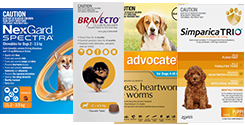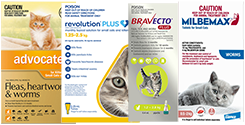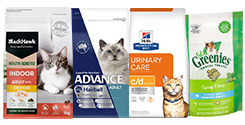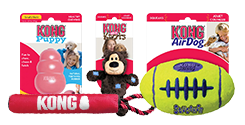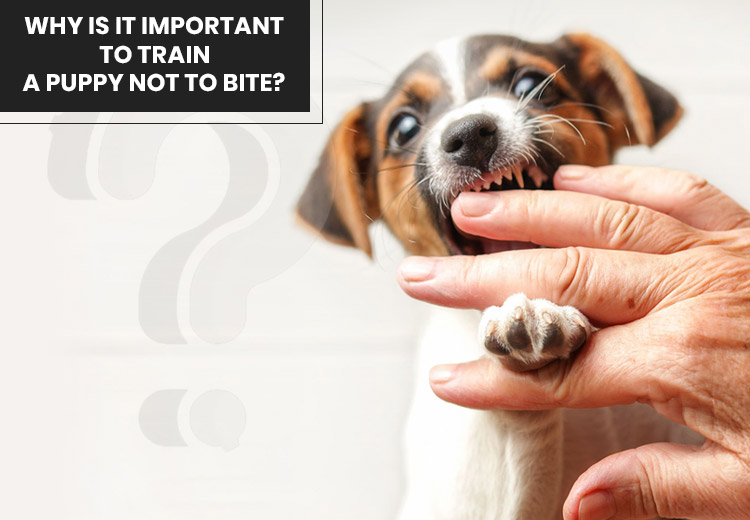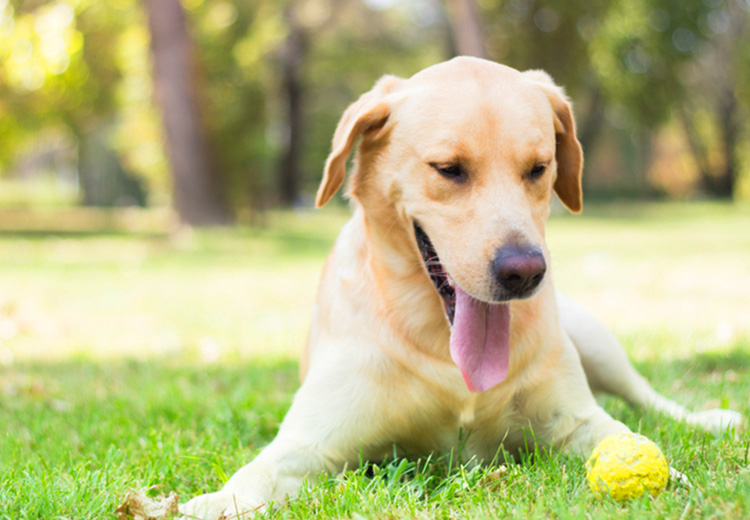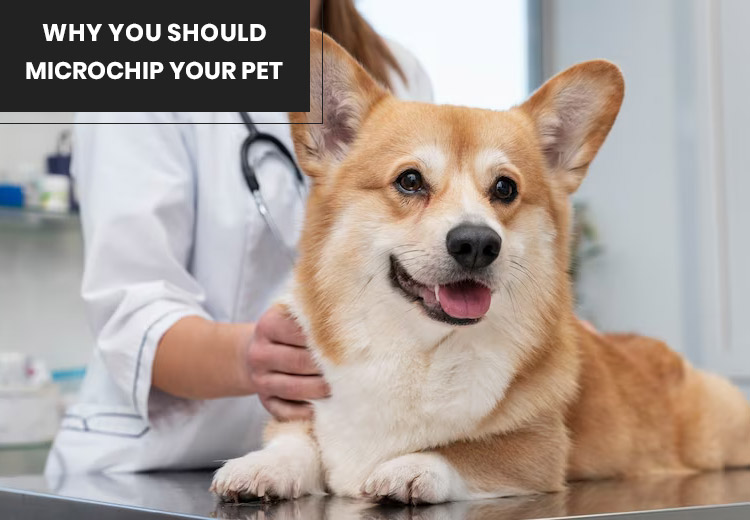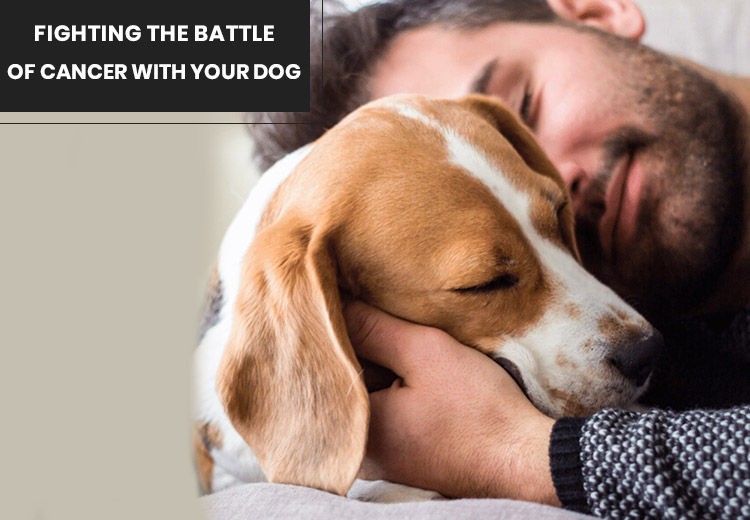You are playing with your puppy, and suddenly, those sharp little teeth nip at your hand, gosh! It’s something pet parents experience often. Biting is a natural dog behavior but you should not get used to it and instead teach your puppy to behave gently. With the right approach, you can teach your dog not to bite, making playtime safe and fun for everyone.
This blog will help you take a step forward in this direction and teach your dog how not to bite.
Let’s begin!
Why Puppies Bite?
- Puppies bite for several reasons, and knowing why can help you handle it better. They use their mouths to explore their surroundings like human babies do. Whether it’s your hand, a toy, or furniture, biting is how they learn about the world.
- During play, puppies also bite to interact with other dogs or people. It’s part of how they learn social boundaries. And just like babies, puppies go through a teething phase, which makes them chew on everything to relieve the discomfort.
- Sometimes, they bite when they are overstimulated, scared, or in pain. Understanding what causes them to bite is the first step to teaching your puppy better behavior.
Let’s Train Your Puppy Not to Bite!
Training is important to teach your pup not to bite. Here’s how to make the process easier and more effective:
Use Positive Reinforcement

Reward your puppy for playing gently. When calm and not biting, you can give your pup a treat such as Greenies Blueberry Dental Treats or praise them. This way they are more likely to repeat the behaviour.
Offer Chewable Toys
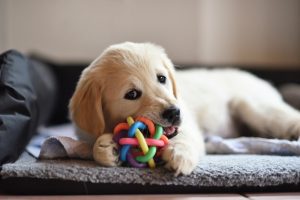
Give your puppy the chew toys to redirect their biting. When your puppy starts nipping at your hand or furniture, offer a toy like the KONG Teething Dental Stick Puppy Toy. Such chewable toys will help soothe their teething discomfort. Always watch them while they play to ensure they don’t chew off small parts.
Give Time-Outs
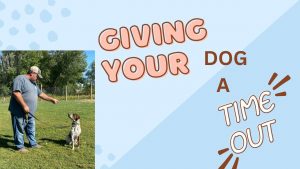
If your puppy bites too hard during play, it’s best to stop the game immediately and take a short break by leaving the room. It will help to prevent or stop the unwanted behaviors. Ensure the time-out is no more than two minutes because, after some time, your pup will forget what behavior has caused the consequence.
Teach Bite Inhibition
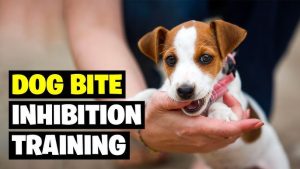
Teaching puppies bite inhibition is easier than adult dogs. Play with your puppy using your hand, but if they bite too hard, let out a yelp and stop playing for a moment. This helps them learn to control the strength of their bite.
Ensure Plenty of Exercise

Ensure your puppy gets enough physical activity through walks, runs, and play. A tired puppy is unlikely to bite out of boredom or excess energy.
Mental Stimulation
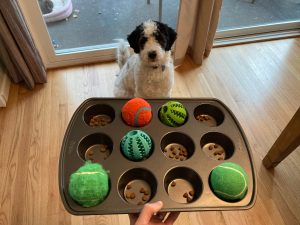
Keep your puppy’s mind busy with puzzle toys like Outward Hound – Nina Ottosson – Dog Multi Puzzle or Outward Hound – Nina Ottosson – Dog Twister Puzzle and training games. Mental stimulation helps reduce boredom and can lessen biting.
In Conclusion
Teaching your puppy not to bite requires consistency and patience, and with the right approach, you can help them learn to play more gently. Stick with it, and soon you will have a happier, better-behaved pup!



































